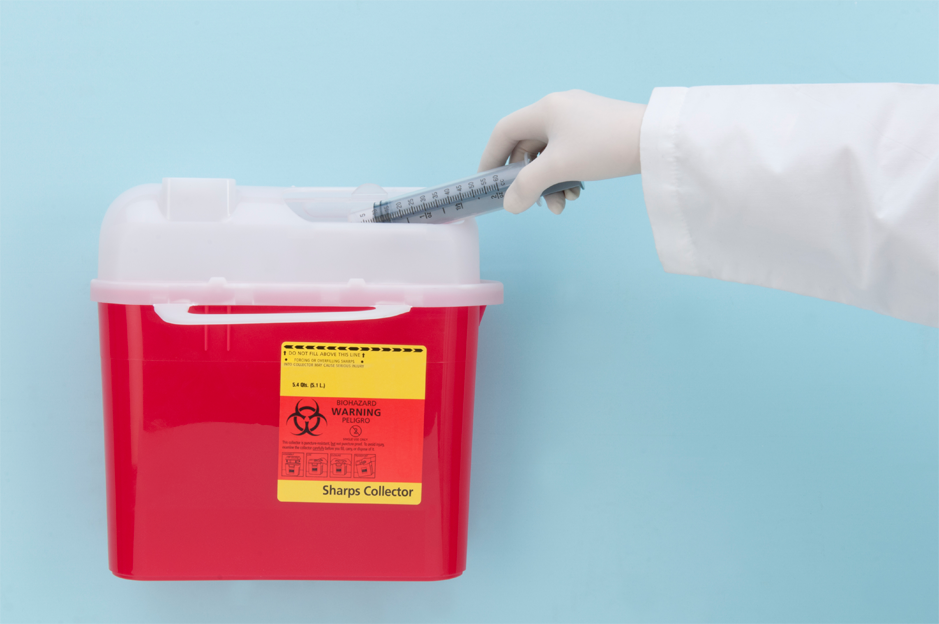There are three primary tactics the medical waste haulers use to keep your costs soaring and keep you locked into a contract for as long as possible. Learning how to identify these tactics and regain control over your waste budget can keep your costs steady, and help you get the most out of your contract.
Tactic # 1 — Scare Tactics

Most often, rates are dictated on 2 factors, the number of boxes you generate per year and the number of pickups you will require per year. To illustrate this more clearly, let’s assume that one of your locations has an annual box allowance of 12 boxes and is picked up 12 times per year (or 1 box generated per month).
For the first 6 months you’ve generated that 1 box per month and you’d been charged the monthly rate you were quoted. However, in month 7 if you generate 2 boxes and receive a phone call stating that in order to remain in compliance with your contract you need to update your agreement. Often times, this agreement update includes increasing your monthly rates as well as renewing the contract and extending the term of the agreement.
Solution — If you receive a call from your hauler saying that you’re generating more boxes than you’re allocated, ask for a history of how many boxes have been generated thus far. Despite the fact that you’ve gone over in one month, there may be other months that you were under your allowance- often times this issue works itself out. At the end of the day it’s better to go over and be charged a slight premium on the excess boxes, than it is to upgrade your contract and pay for boxes that you will never generate.
Tactic # 2 — Automatic 18% Rate Hikes
A common trend that Community Health Centers (CHC) are experiencing is an 18% rate increase without notification, and sometimes multiple times per year. As you can imagine, these increases can add up very quickly. In one instance, a CHC received twelve separate 18% rate increases over a seven-year period and saw their rates rise from $4,000 to $30,000 per year without increasing service at all!
Solution — Educate your team so they know what the contract calls are for and how to check for discrepancies on invoices. If they notice one, instruct them to call the vendor to ask for further explanation or have it corrected. If you call them on it quickly you can oftentimes have them reverse it, but it’s something you have to stay on top of. If you can, when your next contract is put into place add pricing protection and agree to a maximum rate increase or a price lock for a certain period of time.
Tactic # 3 — Automatic Contract Rollovers
95% of all contacts from national medical waste haulers contain automatic rollovers. These contracts are very one-sided and include a small window of time where you can notify the vendor that you want to cancel the automatic renewal, typically 90-180 days from the time the contract is set to expire, and the cancellation must be sent via certified mail. This can be especially challenging for multi-location sites since often times the contracts were signed at different times and all expire at different times. With an automatic contract rollover, you may lose leverage which prevents you from negotiating the best deal possible.
Solution — The best way to avoid the automatic renewals is to cross them out when signing a new agreement. If you already have them in place, communicate to everyone in the organization to make sure nobody signs any new agreements without speaking to you. It’s also a best practice to set reminders at the time of signing so you can be notified when the certified letter needs to be sent out in order to cancel the automatic renewal. Remember cancelling the automatic renewal doesn’t mean your cancelling their service, you’re simply cancelling the renewal and putting the leverage back on your side.
Innovative Cost Solutions partners with CNECT to help protect CHC’s from rising medical waste rates. Contact us today to learn more!